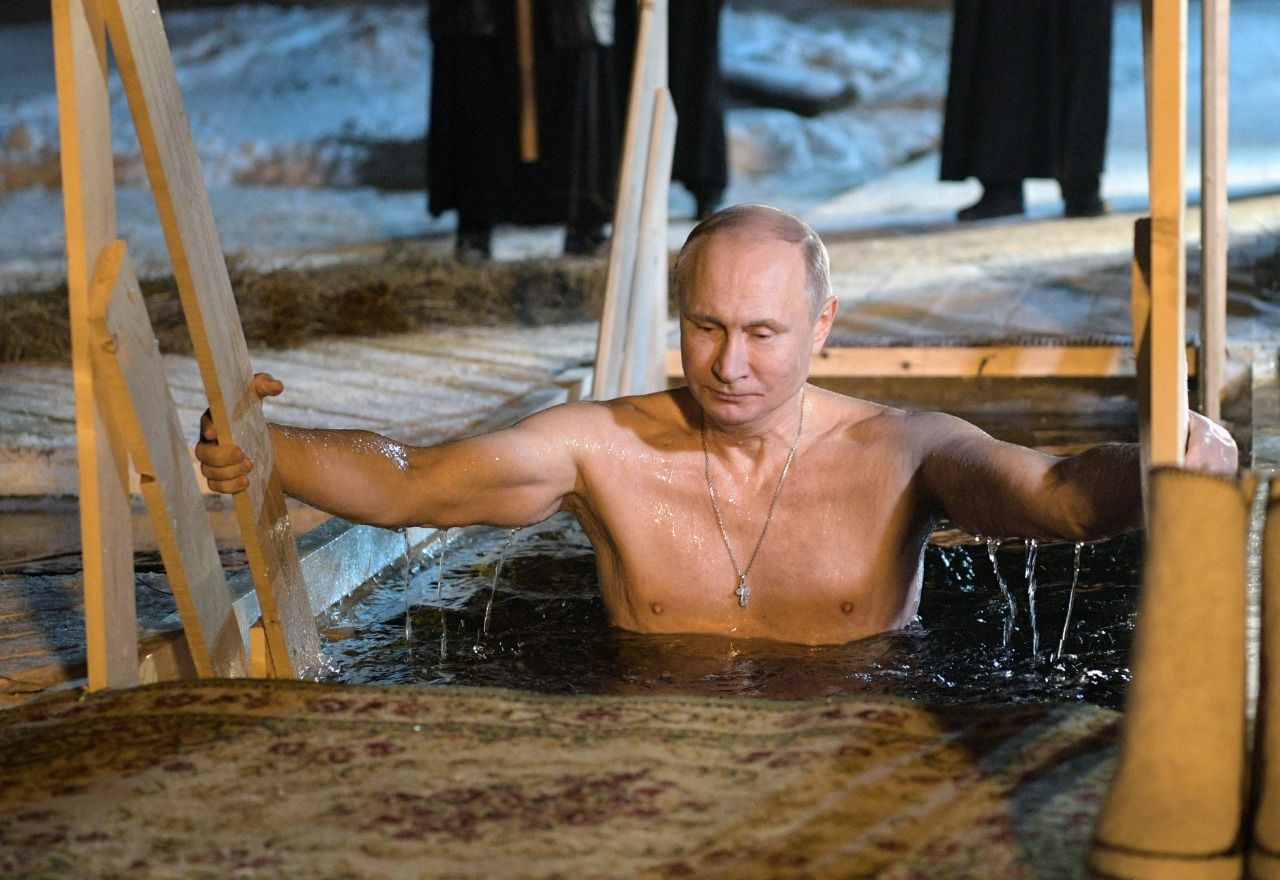NATO is planning a permanent military presence in member nations’ shared borders with Russia to try and combat future aggression from Moscow, Secretary-General Jens Stoltenberg said, as per The Telegraph.
In an interview with the newspaper, the NATO Secretary-General said the military bloc is “in the midst of a very fundamental transformation” to reflect “the long-term consequences” of Russian President Vladimir Putin’s actions.
Also Read | Zelensky welcomes armoured vehicles from UK, urges West to follow suit
Stoltenberg added, “What we see now is a new reality, a new normal for European security. Therefore, we have now asked our military commanders to provide options for what we call a reset, a longer-term adaptation of NATO”.
The NATO chief also spoke of extending his term heading the alliance and mentioned that decisions regarding the reset would take place at the military bloc’s summit in Madrid, this June.
When Russia sent in troops into Ukraine on February 24, it led to the start of the largest refugee crisis Europe has witnessed and has forced NATO members to rethink defence strategies. Countries like Finland and Sweden are also considering joining the military bloc to receive security guarantees against possible hostilities.
Also Read | Putin appoints new general for Ukraine war as Russia seeks quick victory
This is not the first instance of Russian aggression either. In 2014, Moscow annexed Crimea. However, it remains to be seen how Russia reacts to NATO’s decision. One of the major security concerns Moscow had with Ukraine’s desire to join NATO is that the military bloc’s troops would be permanently at the nation’s borders. Now, with the decision to permanently position troops at the shared borders of Russia and NATO members it appears that Russia’s fears are coming true nonetheless.
Notably, Moscow has already blamed NATO’s eastward expansion for the current situation in Ukraine, a view that China shares as well. Putin’s calls for decreased NATO military presence in eastern Europe will also likely be ignored if the bloc decides to permanently station troops at the borders of member nations.







